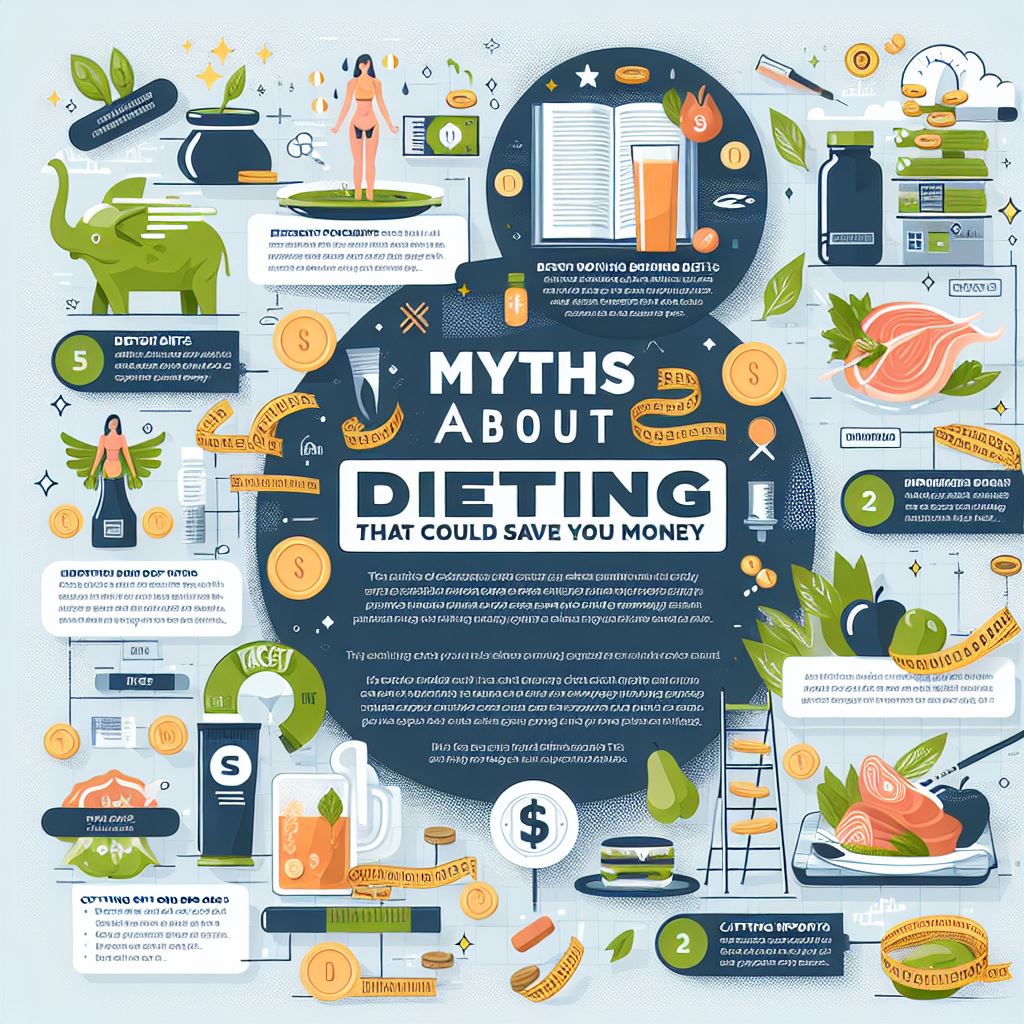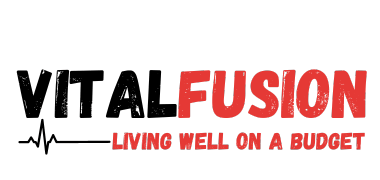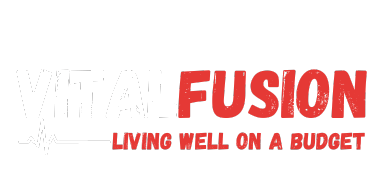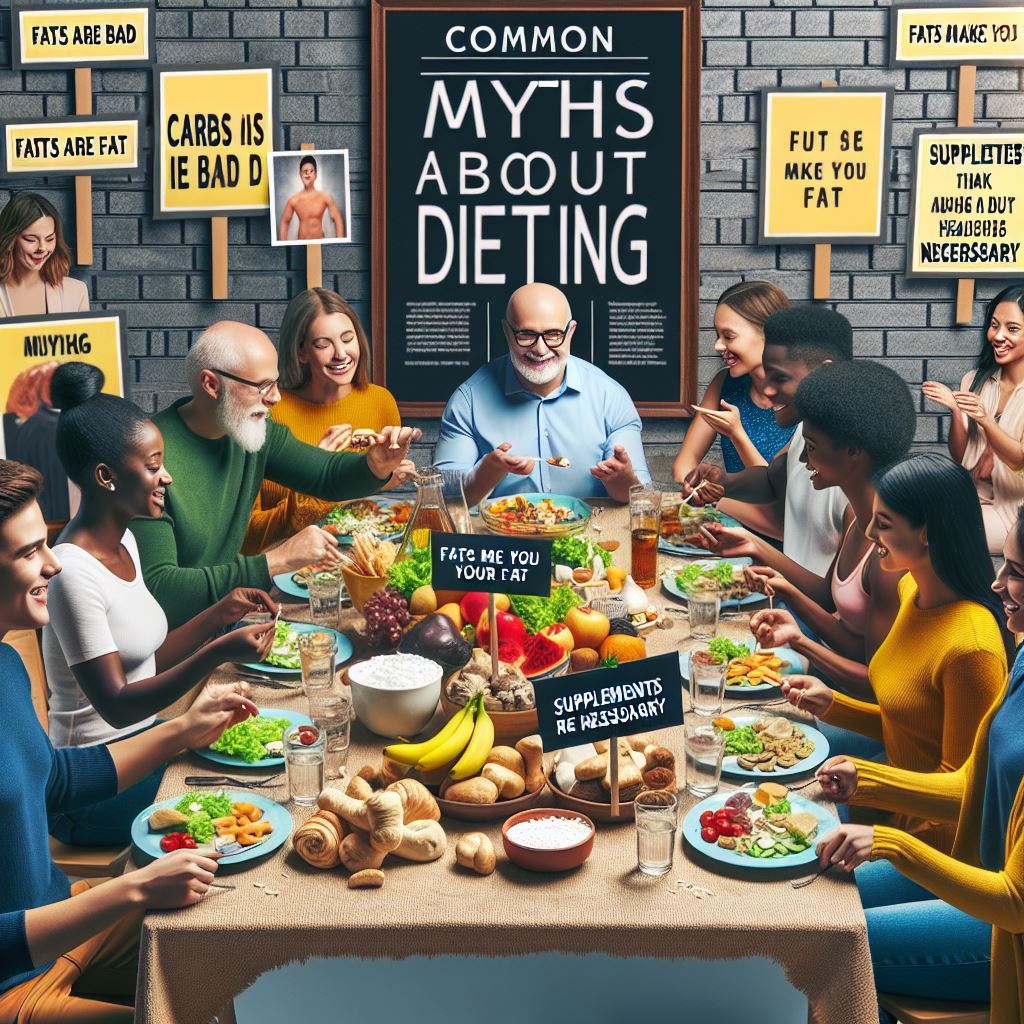Key Takeaway: Most expensive dieting solutions aren’t any more effective than simple, budget-friendly approaches to healthy eating and weight management.
Table of Contents
Are you throwing money at weight loss while your wallet gets thinner instead of you? I’ve spent years researching nutrition and personal finance, and I’m here to tell you – many of the most expensive dieting approaches are built on myths that could be costing you hundreds or even thousands of dollars per year. Let’s bust these myths and put some money back in your pocket while supporting your health goals.
1. Myth: You Need Expensive Diet Programs to Lose Weight Successfully
The diet industry wants you to believe that their premium programs are the only path to success. But here’s the truth: research shows that simple calorie awareness and portion control can be just as effective as costly structured programs.
I remember when I almost signed up for a $500 monthly diet program before realizing that free apps like MyFitnessPal could help me track my nutrition just as effectively. The key isn’t how much you spend – it’s consistency and understanding basic nutrition principles.
Money-Saving Tip: Instead of expensive programs, check out our guide on 10 Affordable Habits for a Healthier Lifestyle on a Budget for sustainable, cost-effective approaches.
2. Myth: “Superfoods” Are Worth Their Premium Price Tag
While açai bowls and goji berries might be trendy, they’re not nutritionally superior to more affordable alternatives. Regular berries, leafy greens, and common fruits provide similar nutritional benefits at a fraction of the cost.
For instance, regular blueberries offer comparable antioxidant benefits to exotic açai berries at about one-third the price. Want to learn more about affordable nutrition? Check out our article on 10 Superfoods That Boost Immunity and Are Easy on the Wallet.

3. Myth: Meal Replacement Shakes Are Necessary for Weight Loss
Those fancy meal replacement shakes might seem convenient, but they’re often an unnecessary expense. A homemade smoothie with protein powder, frozen fruits, and spinach can provide better nutrition at a lower cost.
Cost Comparison Table: Meal Replacements vs. Homemade Options
| Item | Monthly Cost | Annual Cost |
| Premium Meal Replacement Shakes | $160 | $1,920 |
| Basic Meal Replacement Shakes | $80 | $960 |
| Homemade Protein Smoothies | $45 | $540 |
| Regular Balanced Meals | $40 | $480 |
4. Myth: You Need a Gym Membership to Get Fit
While gyms can be great, they’re not essential for weight loss. Your body weight and simple equipment can provide an effective workout. In fact, studies show that walking and basic bodyweight exercises can be just as effective for weight management as gym workouts.
Pro Tip: For stress management without costly gym memberships, explore our 10 Budget-Friendly Self-Care Practices.
5. Myth: Healthy Food Is Always More Expensive
This is perhaps the most costly myth of all. While some healthy foods can be pricey, strategic shopping and meal planning can make healthy eating affordable. Seasonal produce, frozen vegetables, and bulk whole grains are often cheaper than processed “diet” foods.
Learn more about affordable nutrition in our guide to 5 Nutrients You Can Get for Less.
6. Myth: Diet Pills and Supplements Are Worth the Investment
The supplements industry is a multi-billion dollar business, but many products have little scientific backing. Most essential nutrients can be obtained through a balanced diet at a much lower cost.
Common Supplement Expenses to Reconsider:
- Fat burners ($30-60/month)
- Metabolism boosters ($25-45/month)
- Appetite suppressants ($40-70/month)
- “Detox” teas ($20-40/month)
7. Myth: You Need Special “Diet” Versions of Foods
Diet-labeled foods often cost more but provide minimal benefits. Regular whole foods are typically more nutritious and cost-effective. For example, “diet” cookies often cost twice as much as regular ones while providing minimal calorie differences.
8. Myth: Eating Small Frequent Meals Boosts Metabolism
This myth has led many to buy expensive snack boxes and meal prep services. Research shows that meal timing has minimal impact on metabolism – what matters is total daily calories.
9. Myth: Organic Everything Is Essential for Weight Loss
While organic foods have their benefits, they’re not necessary for weight loss. Focus on eating more whole foods, regardless of whether they’re organic or conventional.

10. Myth: You Need to Buy Special Kitchen Gadgets
That $200 spiralizer or $500 smart blender won’t make or break your diet. Basic kitchen tools are usually sufficient for preparing healthy meals.
Conclusion
The path to sustainable weight management doesn’t have to be expensive. By focusing on proven strategies and avoiding these costly myths, you can achieve your health goals while maintaining your financial wellness.
Want to learn more about managing your health on a budget? Check out our comprehensive guide on 8 Steps to Achieve Financial Independence on a Budget.
FAQ Section
Q: Do you really save money not eating out?
A: Yes! Home-prepared meals typically cost 40-50% less than restaurant meals.
Q: Does losing weight save money?
A: It can reduce healthcare costs and food expenses in the long run.
Q: How to eat healthy cheaply?
A: Focus on whole foods, buy in bulk, plan meals, and shop seasonal produce.
Q: Is being on a diet expensive?
A: It doesn’t have to be. Smart shopping and meal planning can make healthy eating affordable.






